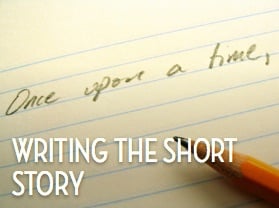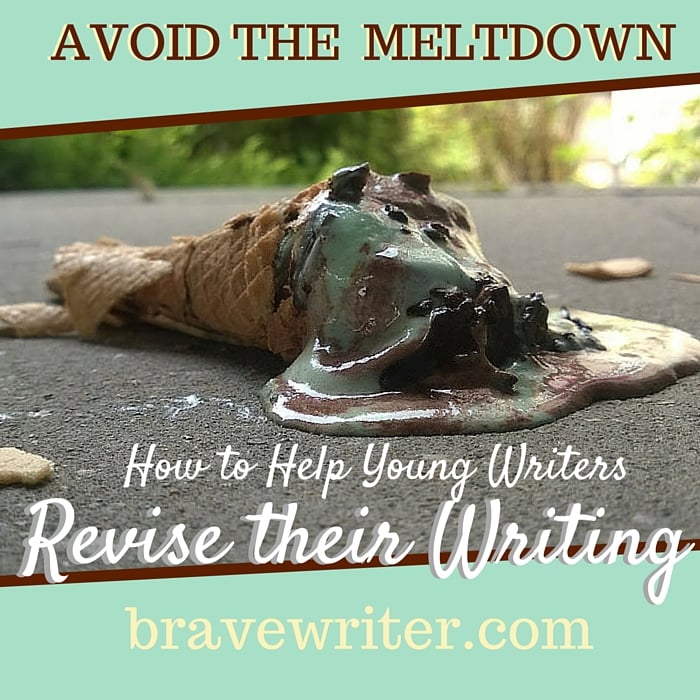
Quality writing depends on several key components such as surprise, beautiful language, sentence variety and distinct voice. Perhaps the most important ingredient in good writing, however, is insight. Insight is that intangible something that reveals a fresh perspective. Insight is the discovery of what you’ve always known for the first time.
The Power of Insight:
When we read a writer’s work and have that “Aha!” moment, we are experiencing the power of the writer’s insight. Insight is deeply rooted in experience and description (there are other features as well, but for this short blog post, let’s explore those two).
To get to a new perspective that resonates at a deep level, the writer has to start by telling the truth about his or her experience. This is a foreign experience for many people. We become so habituated to saying what is expected, to experiencing life through a set of preconceptions handed to us by family, culture, religion and national identity that the potential for truth-telling is blunted by expectation and conditioning. We are especially prone to unconsciously imposing those kinds of pressures on our kids so we have to explicitly give them permission to mess up our preconceptions as they explore topics for writing.
Brave Writers learn how to tell the truth of their new experiences.
I remember reading in one writing check list for revision that the writer should check her piece to be sure that all of the descriptions were edifying. If the writer is forced to make all descriptions rosy so as not to reveal chinks or blemishes, then the writer will not be able to dig honestly into her experience and thus bring forth truth. The writing will suffer and there will be no insight.
The Power of Curiosity:
To access experience, it helps to divest oneself of prejudgments. Start with reading widely or observing keenly. Let yourself ask questions, ponder comparisons and open yourself to new interpretations of the old data. Let your experience of the topic, scene or person deepen before writing. Take notes and allow for contradictions. “The criminal exhibits a kind manner toward animals.”
The second important aspect of gaining insight is the ability to describe thoroughly. Brave Writer offers several tools for accessing the ability to describe deeply both concrete items and concepts/ideas. When describing, you want to pay attention to the small details. In a familiar object, it might be the way the light catches the item or the blemish that you overlook when merely glancing. In describing an idea, you’ll want to look for the way that idea illuminates another related idea or the way it exposes a myth or stereotype, or even the way it reinforces that stereotype. You might look at it through the opposing viewpoint or pretending to agree where you disagree.
As you give yourself to hidden details of thought and perspective, you allow yourself to generate new experiences. These experiences lead to questions which will inevitably lead you to a fresh perspective. It is that perspective that I like to call insight!
Insight takes time to birth, but the labor leading up to it need not be painful. You merely need to take the time to be open to new possibilities, to comparisons and hidden meanings. Let your mind percolate, examine the idea/item multiple times, take notes and ask good questions. Then apply yourself to accurate (not necessarily edifying) description. As you do, you’ll generate insight.
Writing the Short Story: Brave Writer Online Class
Unlike our other fiction writing classes, the point of this one is to complete a story. You’ll take all that exploratory freewriting you’ve been doing and hone it until it reveals itself as a finished piece. If you have a long story or novel you’ve been developing, this is a great place to find its essence and travel a shorter narrative arc. Later, you can transfer what you’ve learned to your longer-form work.
Image by Chris, Flickr (cc Modified to add text.)



















